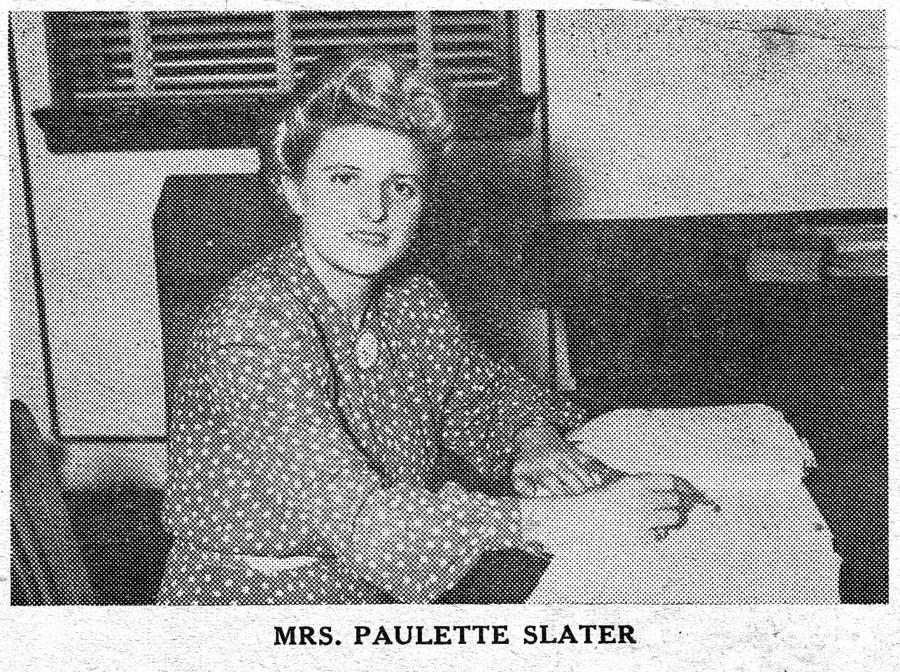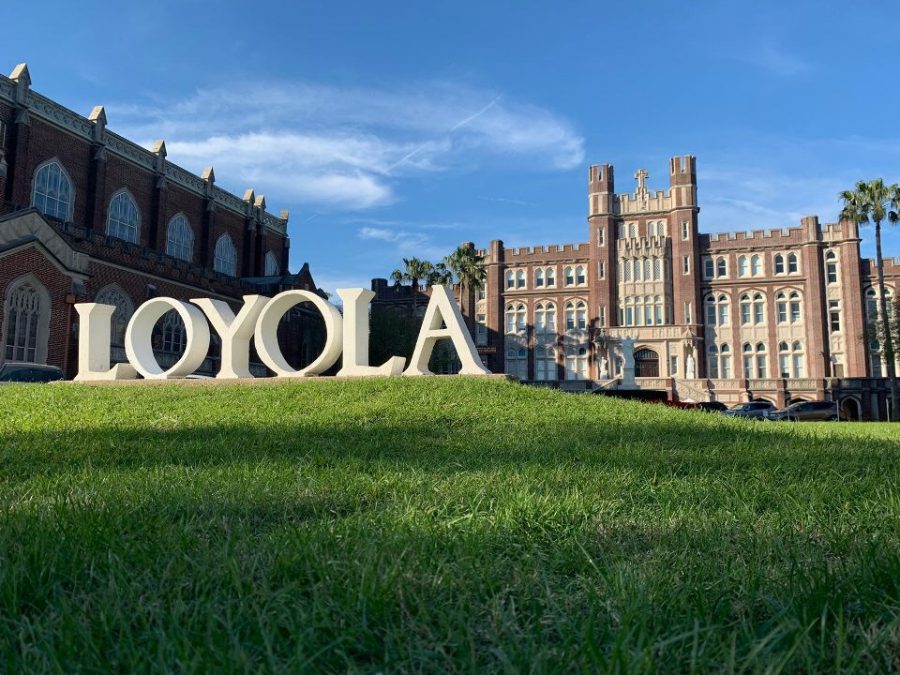Six years ago, Mrs. Paulette Slater was in a Nazi concentration camp. Now, calmly teaching freshman French at Loyola, she can look back at her days in the prison and say, “It wasn’t too bad – except we had no food and we lived in dirt most of the time.”
In 1941, a young French girl was trying to get back into occupied France. She had spent three years in America as an exchange student, and felt that she must now return to her home and parents in Paris.
Arriving in Spain, she found farther travel blocked by Nazi visa regulations. She joined an underground band running the Pyrenees blockade and, with little trouble, got into France. Town by town, she began inching her way toward Paris, and she made it. But, the very day she arrived there, the Nazis caught up with her.
The French girl, Paulette Guilbert, became Mrs. Samuel M. Slater in 1945 when she married an American whom she had known since 1940 during her student days at the University of Miami at Oxford, Ohio.
When Mrs. Slater left New York, she went in rapid succession to North Carolina (“I was amused by the Southerners’ speech”), to Canada, to Mexico, to St. Louis, (“I was disappointed with the Mississippi river-it’s so dirty and muddy”), and then, finally, to New Orleans, where she has been since September of last year.
Asked about her idea of the United States as a whole, she said, “What impresses me most is the comparative life of ease of the American housewife. In France we had block-long lineups for each article we wanted to buy. In spite of the fact I have been here for two years since the war, I still feel shy about asking in stores for more than one article at a time.”
Mrs. Slater finds her position of assistant professor of French at Loyola “enjoyable and entertaining, but I don’t know how my classes feel about it.”







